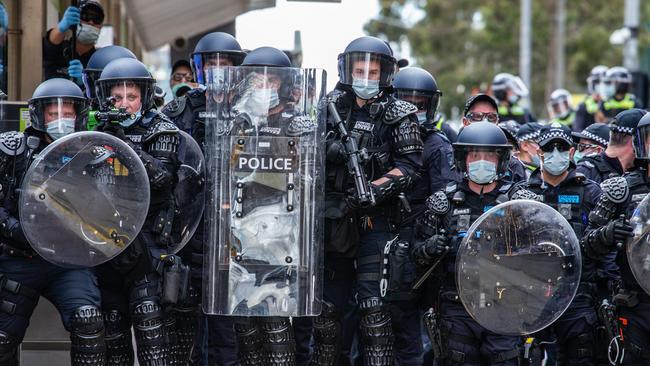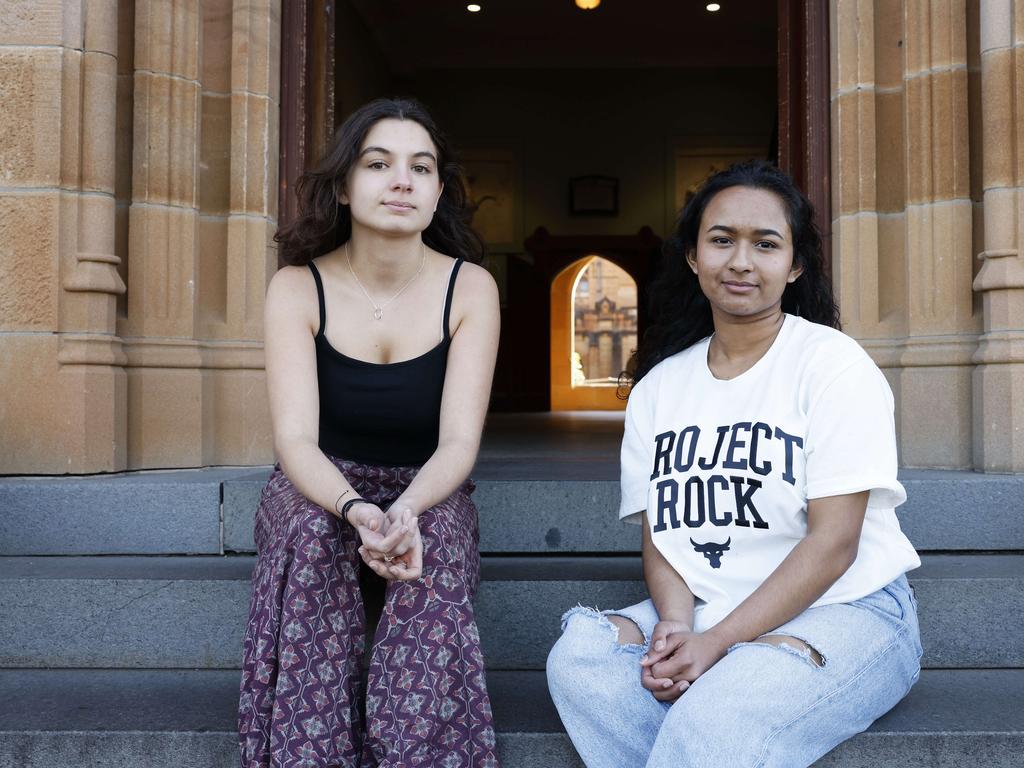Public inquiries must adhere to best-practice benchmarks

But what does “appropriate time” mean – this month, this year, next year or after the next federal election, or perhaps we should wait till the next pandemic has broken out?
Remember, the April 2022 Senate Covid report chaired by Labor senator Katy Gallagher, now federal Finance Minister, recommended there be a “royal commission … to examine Australia’s response to the Covid-19 pandemic to inform preparedness for future Covid-19 and future pandemics”.
Just a few weeks ago in a Senate debate, Labor’s Marielle Smith confirmed that appointing a royal commission “remains the position of the Albanese Labor government … we said that before the election, we have said it since and that remans our position”.
Yet, despite that commitment, Labor and Greens senators inexplicably voted against UAP senator Ralph Babet’s motion for a royal commission.
Senator Smith argued that it was too soon to have an inquiry because Covid was still raging, but the World Health Authority declared the Covid emergency over in May, as did New Zealand recently.
Anyway, other countries such as Sweden, Norway and the UK have had, or are having, major open, public inquiries reviewing their responses to the pandemic.
Other calls for a royal commission have been made by the Australian Medical Association, left- and right-of-centre think tanks, families personally aggrieved by its adverse impacts, and last year’s Shergold review.
What exactly are we waiting for – the next pandemic? What is the problem? It’s politics, of course.
Given that five Labor states and territories presided over some questionable pandemic responses such an inquiry, if it were fair and independent, might make critical and politically embarrassing comments about their performance, and worse, even make positive assessments about some parts of the Morrison government’s handling of the crisis.
That would not fit the government’s carefully contrived post-election narrative, would it?
Even if the Albanese government finally honours its promises to appoint a royal commission, questions remain about its chair, time frames and terms of reference – how expert, how independent, how long, and how narrow or broad, are issues to be addressed?
The government could take a leaf out of the Inquiry into Australian Intelligence Agencies appointed by the Howard government that was recommended by a joint parliamentary committee in the wake of the Iraq War and concerns about the weapons of mass destruction controversy.
That inquiry was unique in that its terms of reference were set by the joint committee and endorsed by the opposition.
Further, its chair, Philip Flood, a former very senior public servant, following his conversation with the then prime minister on his appointment, explained he “had clear terms of reference, no restrictions on widening the inquiry, no directions of any kind about methodology or modus operandi, a free hand to select a secretariat and a prime ministerial direction to all relevant departments and agencies to co-operate fully”.
This is the best-practice benchmark in forming a public inquiry into a politically sensitive issue – bipartisan agreement on its appointment, terms of reference and chair.
That the report was fully accepted by the government and the opposition meant it was one inquiry that was not ignored.
In these days of demand for greater integrity, we should expect no less from the Albanese government when it finally appoints a pandemic royal commission concerning its transparency and bipartisanship about its membership, terms of reference and independence, as was afforded the Inquiry into Australian Intelligence Agencies.
Of course, the Howard government was not always so virtuous in all its public inquiry appointments, and neither was the Abbott government concerning its home insulation and trade union governance royal commissions.
So it is up to the Albanese government to not just honour its promises, but to bring new integrity to the appointment and use of royal commissions.
Dr Scott Prasser recently published New directions in royal commissions and public inquiries: Do we need them? (2023) and has worked in federal and state governments in senior policy roles.







Last week Federal Health Minister Mark Butler, when asked when the Albanese government will honour its promises to appoint a royal commission into Australia’s handling of the pandemic, stated “the Prime Minister has indicated the government will undertake that (an inquiry) at an appropriate time”.